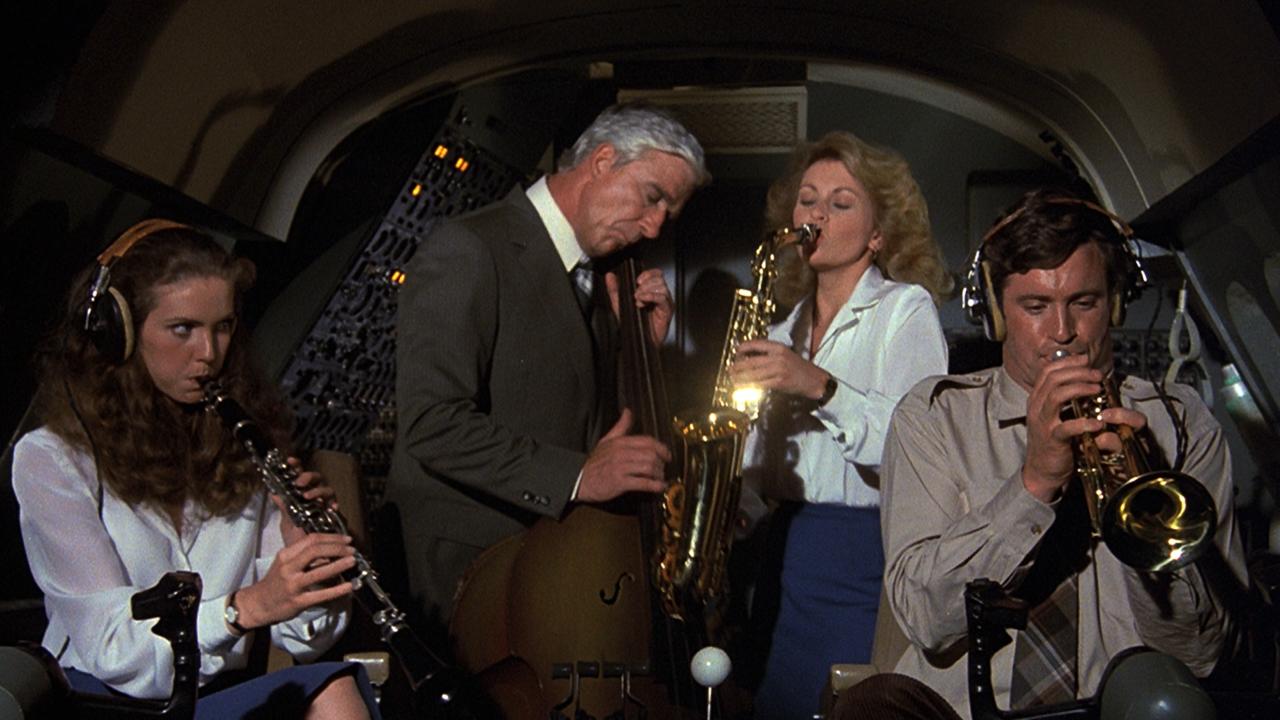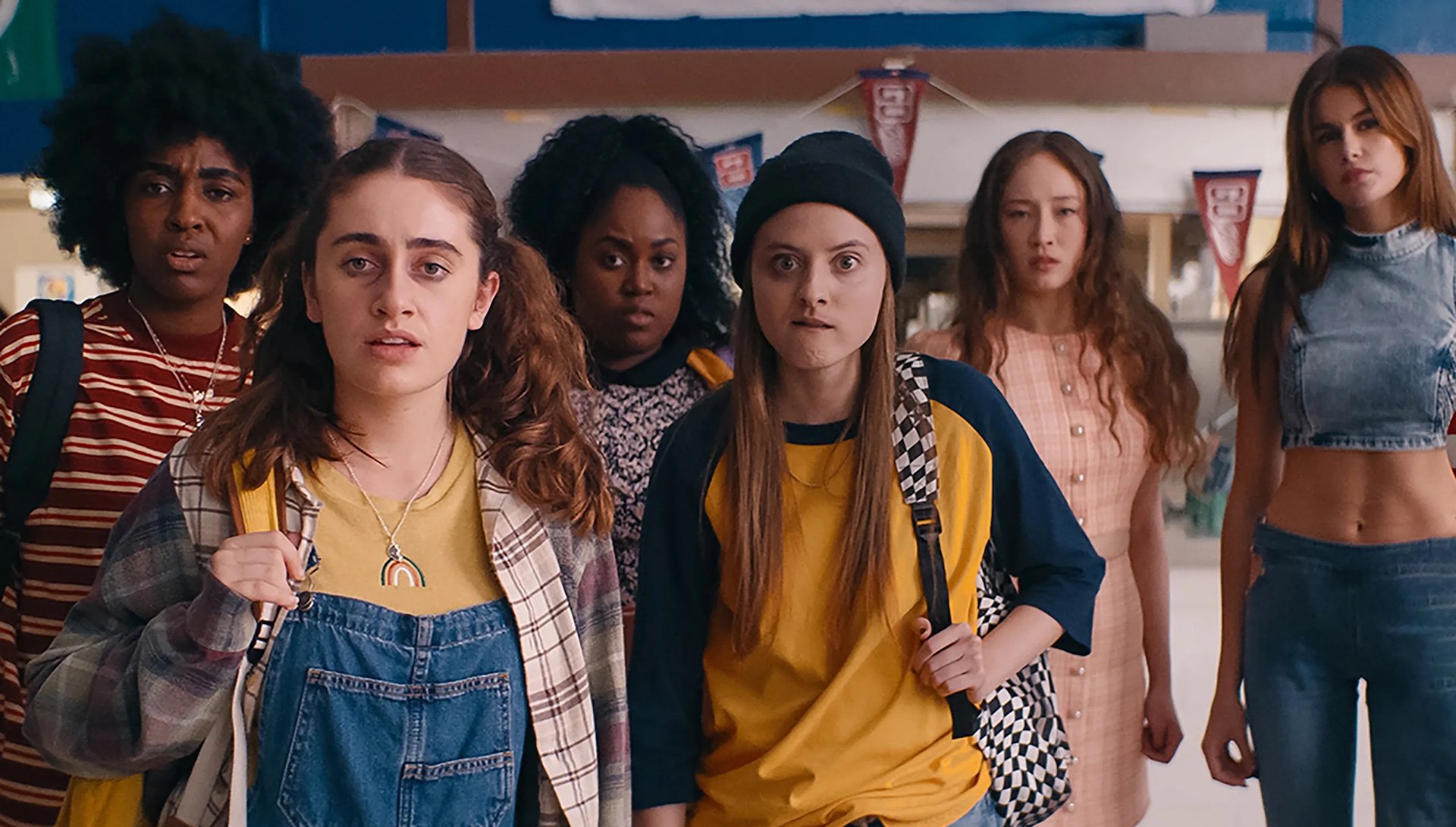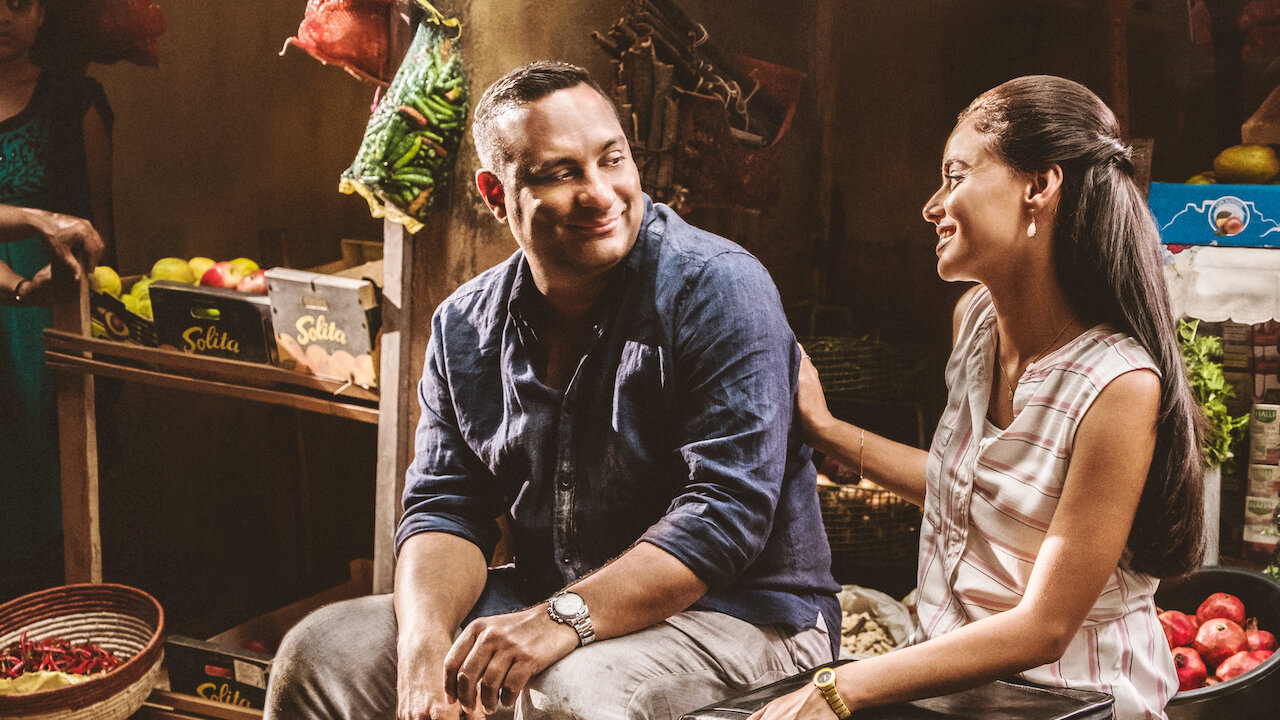The Secret To Writing Good Jokes in a Script
April 16, 2024
Any comedic writer will tell you there’s nothing more satisfying than a well-placed joke. That’s probably because writing comedy isn’t easy. Just like any other screenplay, a comedic screenplay has to have a well-developed story and three-dimensional characters while making audiences laugh. You have to be funny while trying not to be funny while remaining true to the situation at hand and the character’s personality. This is no easy feat.
Below, we talked to two comedy writers, Chris Lee Hill (Tragedy Girls, Five Nights At Freddy's) and Luciano Casmiri (Christmas At Rockwell, The Indian Detective), to share their secrets to writing good jokes in a script.
The Joke's Placement Matters
According to Hill, when it comes to landing a good joke, it all depends on when you want the surprise moment.
“A joke that has a setup and payoff is ideal, whether that’s dialogue, visual, or even just within the text itself. Sometimes the setup is in the previous scene, and the payoff is the start of the next,” Hill explains. “I think my favorite jokes tend to have a very small setup that the audience can forget for a while before having a huge punch much later. So I think placement all has to do with where it will make the most impact.”
Casimiri adds that the placement of the jokes physical comedy, or sight gags, is also limited to the actors involved with the projects.
“They are usually not necessarily comedy actors, so the scripts should have not just one joke or line for a character, but several,” he says. “Then the director can decide at the read-through which jokes work best.”
Read More: Why You Should Write Dark Comedy

Consider the Story First
Not every moment in your script needs to be funny. When it comes to figuring out whether the scene requires a joke, Casimir says when he punches up scripts, which are usually for rom-coms, he breaks down the script with index cards to help him isolate each scene so he doesn’t mess with the story structure. Then he transfers those to the script and does a second pass at the script flagging with Final Draft’s scene navigator looking for a running joke or a call back to an early reference.
“Then I break down beats using Save the Cat and Billy Mernit’s Writing the Romantic Comedy,” Casimir explains. “Some beats you can play with as far as a comedy—the meet-cute, the setup, the theme moment, and the promise of the premise. Isolating these beats helps me focus on the characters, action, and visual suggestions.”
The tone of the story is also crucial when deciding which jokes work or not. “Tone is all about the game you’re playing with the audience’s expectations because just like screenwriters, they’ve seen thousands of movies,” Hill says. “For example, in the movie Bottoms, the football players wear their equipment at all times, in every scene, and they don’t play football until the end of the film. It’s a hilarious commentary on the teen genre and another reminder for the leads that they are not part of the in-crowd. If the big satirical idea is funny, it adds a layer of comedy that runs throughout the movie.”

Characters Drive the Funny
“I think characters drive everything,” Hill says. “Jokes that are organic reveal something about a character and how they see the world, so even if they have a warped perspective, it gives the audience a POV to get on board with. Often it’s about characters who have two very different priorities or approaches in a scene that drives the conflict and the relationship is where the jokes are.”
When it comes to creating funny character moments, Casimir says he does a pass on the whole script once for the funny moments that he can imagine, including those that are broad. Then, he goes character by character, understanding that the leads are typically charming yet funny, and the sidekicks are usually goofy, giving the characters their appropriate comedy moments. “The dad jokes usually go to the dads, for example,” he says.
Read More: Five Overused Comedy Bits to Avoid

It’s Not Really About Jokes per Scene
“When I’ve been in development on half-hour comedy pilots, you will sometimes get the ‘three jokes a page’ note from producers. I’ve never really bought into this because approaching it like a census where you check boxes doesn’t necessarily make it funnier,” Hill says. “It’s actually quite tough to shoehorn in dialogue jokes where they do
"For me it’s more helpful to think of it like music where you play those notes when they feel right for the characters. The audience will resonate with something that feels authentic to the people they’re watching, even if it’s ridiculous," Hill says.
Hill also thinks the comedic premise of the scene is more important than the volume of jokes. “If you have a character that’s really out of place, or you’re playing with genre conventions in a surprising way, that organically is going to give you a lot of material to work with,” he says.
But that doesn’t mean you won’t have to place a cliche joke in your script anyway. “Sometimes you’ll be watching a scene where a character uses the most stock, cliché, clam of a joke we’ve all heard a million times, and it’s almost always the result of a note (and a very specific suggestion from an exec) that their idea be there in the first place,” Hill explains. “But sometimes that’s the job. Hopefully, there’s a way to try and put a new spin on an old clam, but if there isn’t, please don’t blame the writer!”
Written by: Brianne Hogan
Brianne Hogan is a freelance writer currently based in Prince Edward Island. A film studies graduate from NYU, her byline's been featured in Creative Screenwriting, ScreenCraft, The Huffington Post, among others. "Jurassic Park" is unashamedly her favorite movie (at this moment). You can follow Brianne on Twitter via @briannehogan- Topics:
- Screenwriting & Craft




